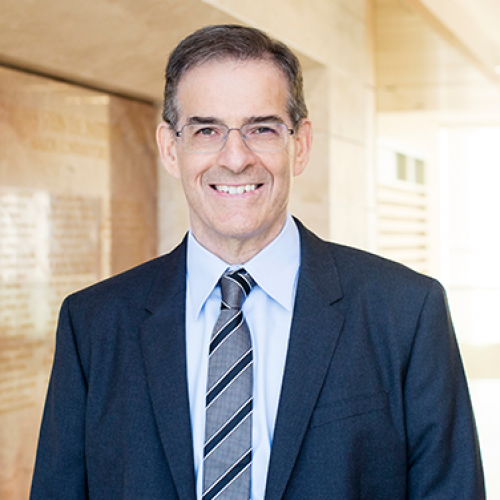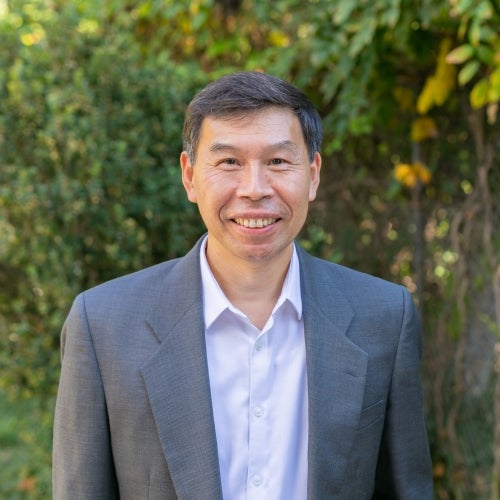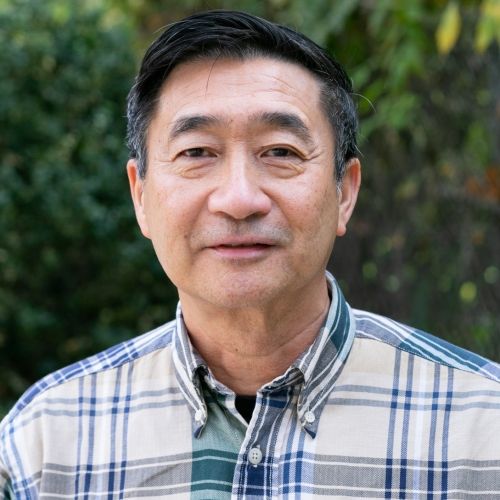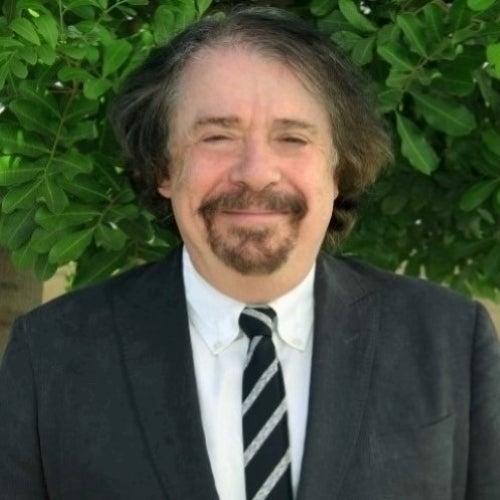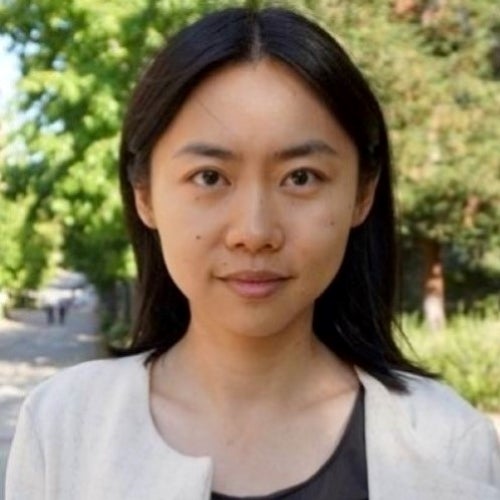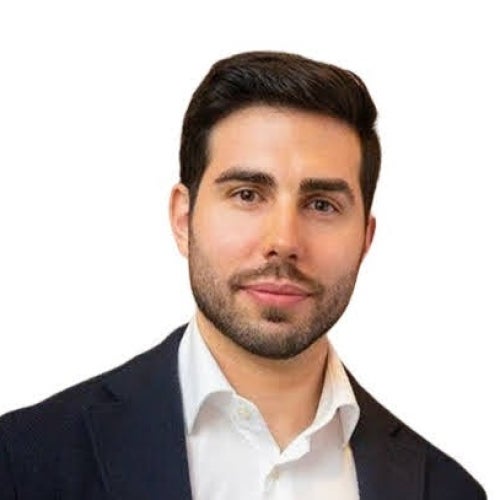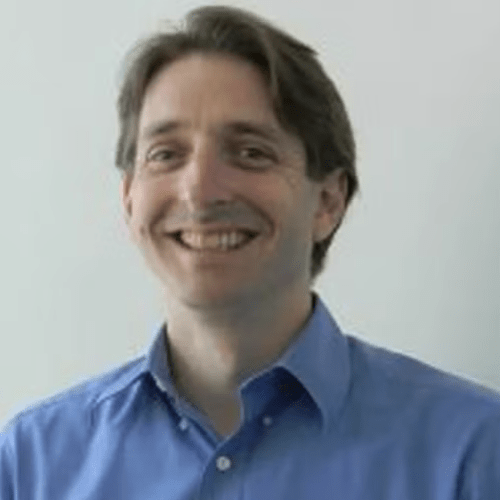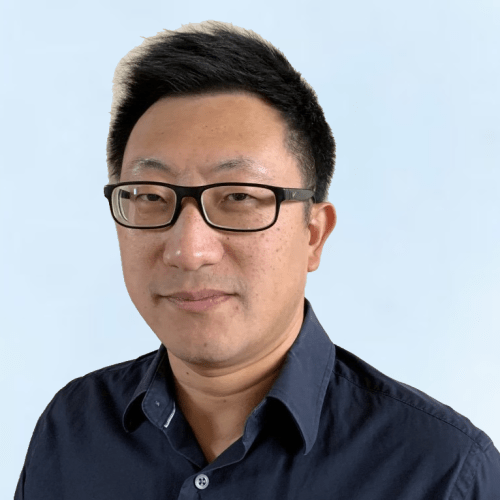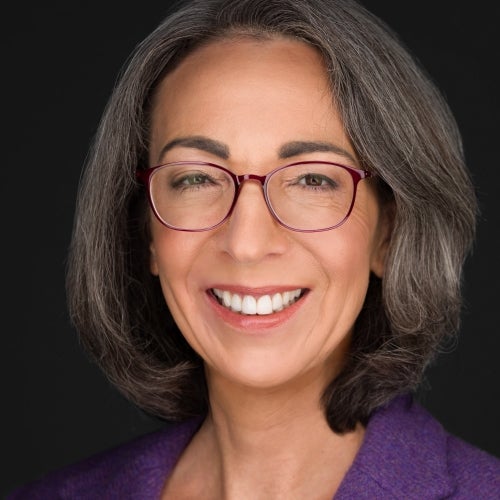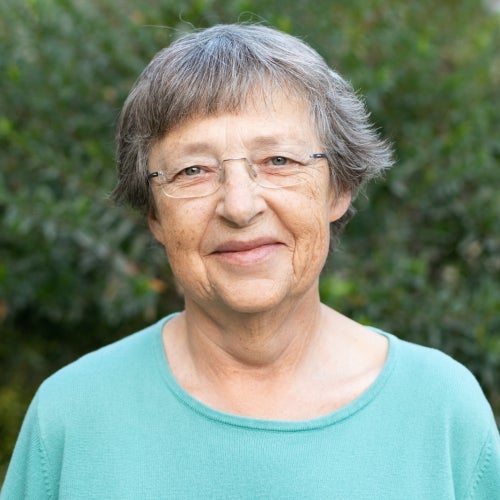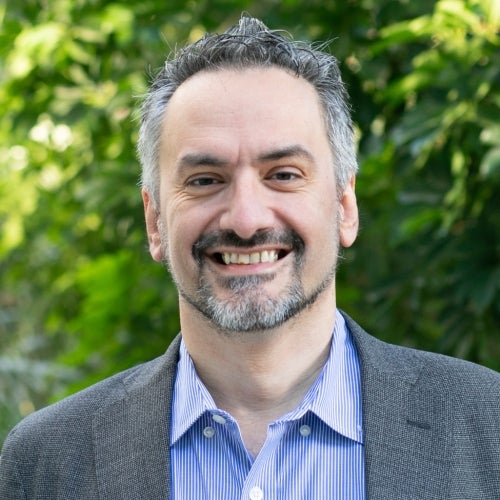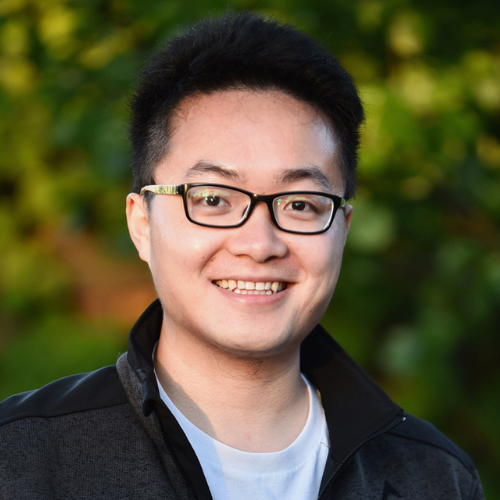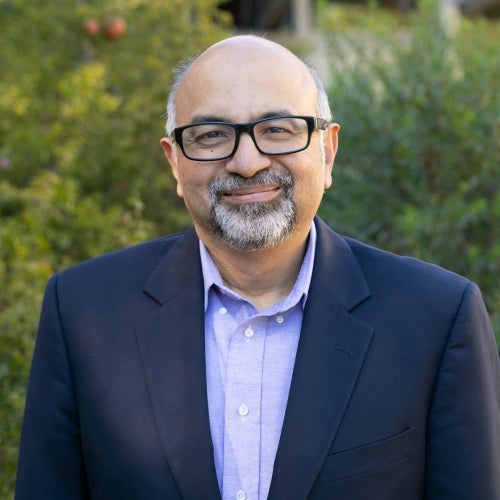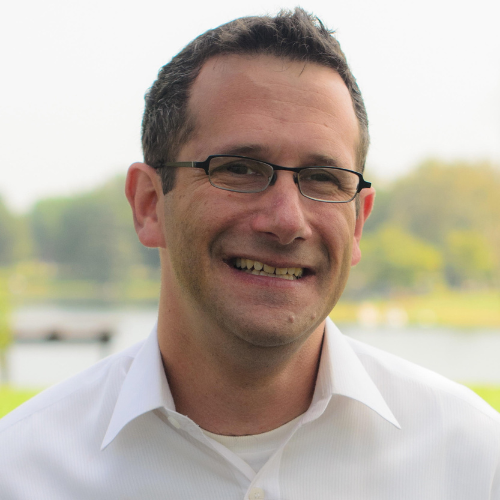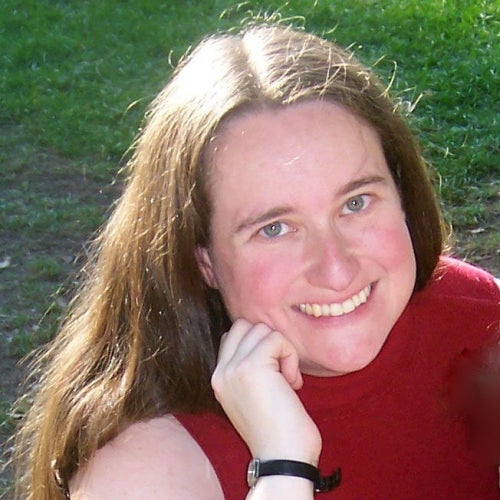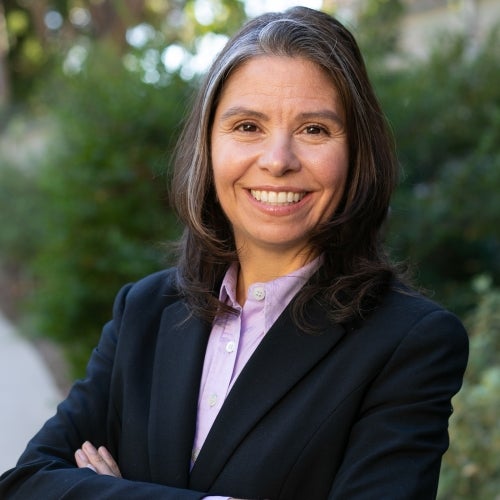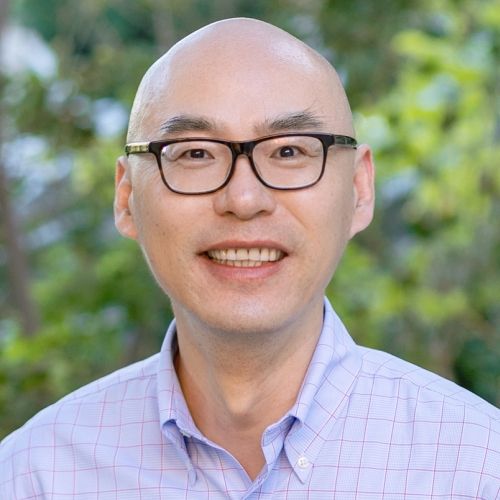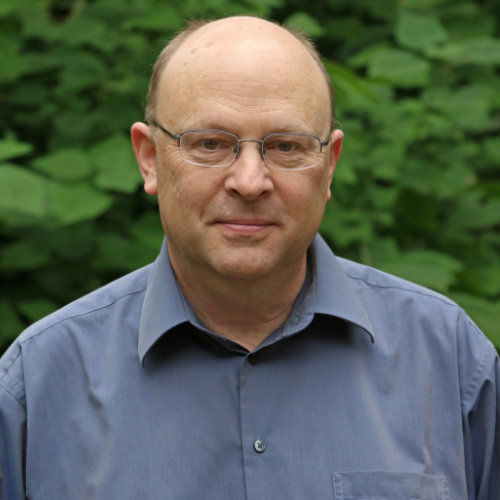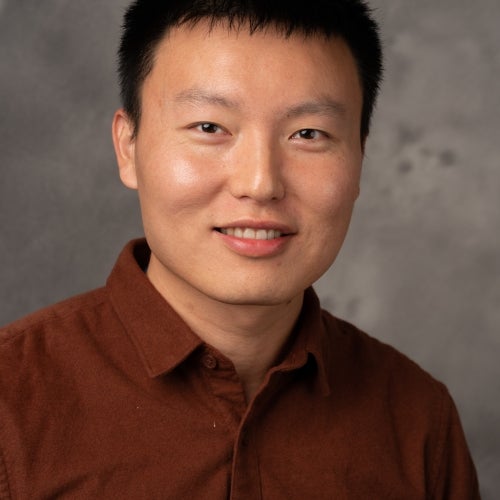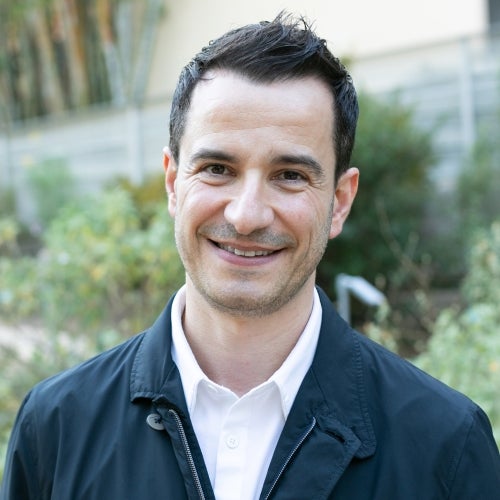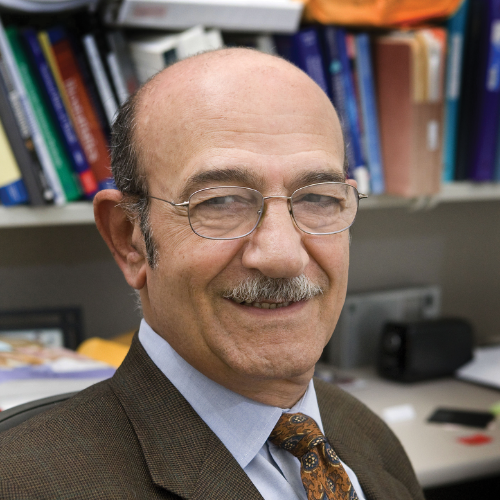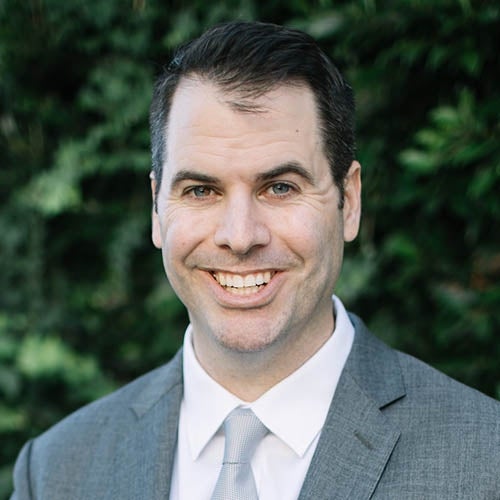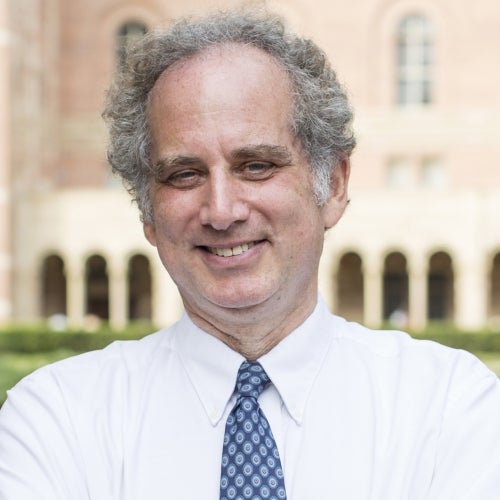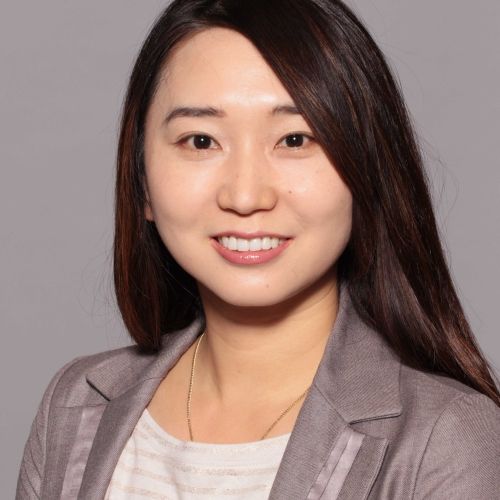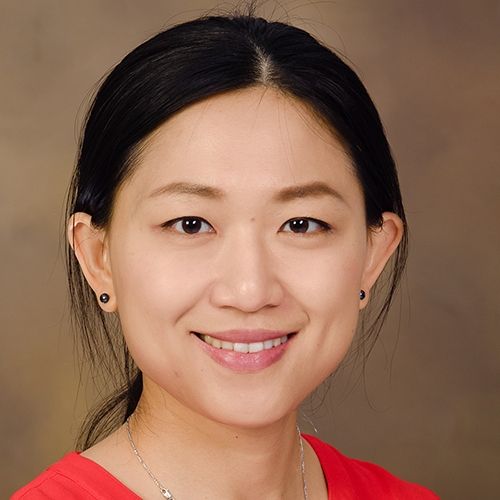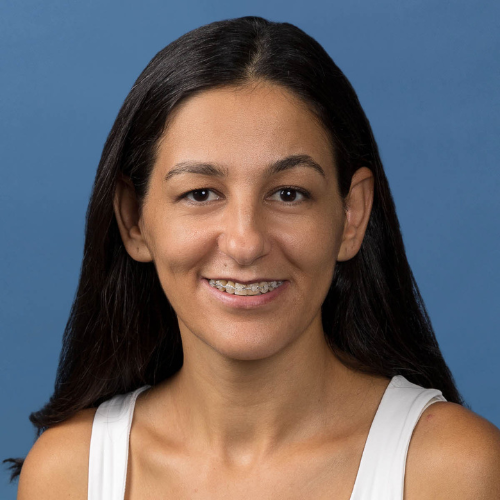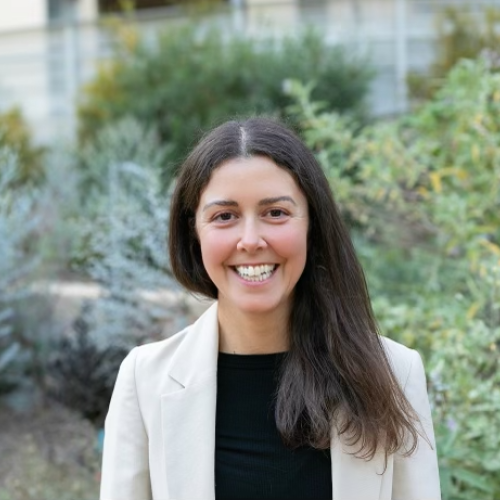Schools and programs of public health join together to demand the protection of health care workers in Ukraine and beyond
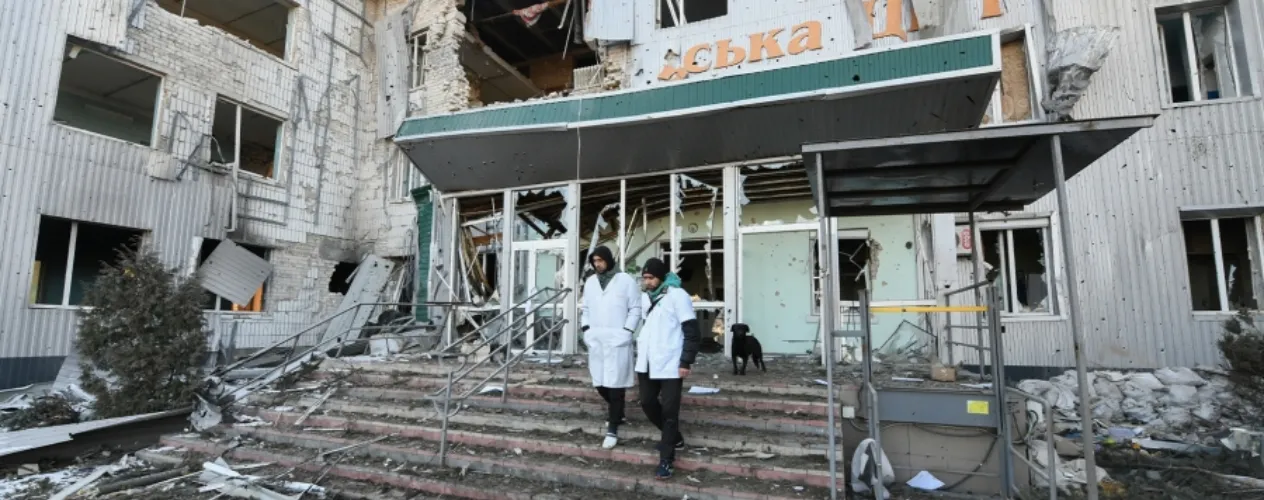
The Association of Schools and Programs of Public Health has endorsed this statement and is calling on its members to do the same. This joint statement builds on an initial statement from the Johns Hopkins Bloomberg School of Public Health. New cosigners will be added as they are confirmed.
It has been more than 150 years since international law first required that combatants refrain from attacking hospitals, ambulances, the wounded and sick, and health workers. But this protection is regularly breached. In Ukraine, the Ministry of Health reports that Russia has made more than 60 attacks on hospitals, emergency responders, ambulances, and health workers since beginning its brutal invasion in February. The World Health Organization has confirmed more than 30 of these assaults, and it continues its work to verify the others. Russia is not a first-time offender, having bombed hospitals in Chechnya and Syria. And it is not the sole aggressor. In recent years, health facilities and health workers in conflicts worldwide have been attacked about 1,000 times each year.
Public health infrastructures are threatened by such attacks, both in the moment and for years thereafter. Hospitals are, of course, essential for patient care, and when damaged or destroyed when they are needed most, the traumatic injuries and other immediate health consequences of war go untreated. The harm often persists far beyond this immediate impact. The health workforce, the backbone of the health system, is frequently decimated as doctors and nurses are forced to flee. People in need of care or life-saving treatment, including those who are giving birth, often avoid coming to health facilities for fear of attack, increasing risk of death. Childhood immunizations, an essential part of public health, decline when vaccinators cannot do their jobs safely.
Russia must cease its attacks on Ukraine’s health care facilities, as must perpetrators of attacks on health care in ongoing conflicts throughout the world. All those who have a stake in health and human rights should be prepared to take action. Together, we can push for domestic reforms of the law, advocate for improved local investigations, and work to build stronger constituencies to foster greater political will to advance protections.
And we must have accountability for these unjustified attacks. Perpetrators of this violence should be charged with war crimes, face public trials, and, if convicted, should be imprisoned for their heinous acts. Until this happens, unprovoked violence against health care facilities will continue.
We demand the protection and respect of public health and health care workers even during times of war. We stand in solidarity with all of our colleagues who are dedicated to preserving the lives of their patients and the health of the entire population.
Cosigners, listed in alphabetical order by university/organization
Laura Magaña
President & CEO
Association of Schools and Programs of Public Health
Ron Brookmeyer, PhD
Dean and Distinguished Professor
Fielding School of Public Health
University of California, Los Angeles
Sandro Galea, MD, DrPH
Dean
Robert A. Knox Professor
School of Public Health
Boston University
Jonathan M. Samet, MD, MS
Dean & Professor
Colorado School of Public Health
Colorado State University, University of Colorado Anschutz Medical Campus & the University of Northern Colorado
Linda P. Fried
Dean and DeLamar Professor of Public Health
Mailman School of Public Health
Columbia University
Terry McGovern
Harriet and Robert Heilbrunn Professor and Chair, Department of Population and Family Health
Mailman School of Public Health
Columbia University
Ayman El-Mohandes, MBBCh, MD, MPH
Dean
CUNY Graduate School of Public Health & Health Policy
James W. Curran, MD, MPH
James W. Curran Dean of Public Health
Rollins School of Public Health
Emory University
Lynn R. Goldman, MD, MS, MPH
Michael and Lori Milken Dean
Milken Institute School of Public Health
The George Washington University
Rodney Lyn, PhD, MS
Dean and Professor
School of Public Health
Georgia State University
Ellen J. MacKenzie, PhD, ScM
Dean
Bloomberg Distinguished Professor
Bloomberg School of Public Health
Johns Hopkins University
Chris Beyrer MD, MPH
Desmond M. Tutu Professor in Public Health and Human Rights
Professor of Epidemiology, Nursing and Medicine
Bloomberg School of Public Health
Johns Hopkins University
Leonard Rubenstein, JD
Director, Program on Human Rights and Health
Center for Public Health and Human Rights
Professor of the Practice, Department of Epidemiology
Bloomberg School of Public Health
Johns Hopkins University
Wayne R. McCullough, PhD
Director, Master of Public Health
Associate Professor, Dept. of Family Medicine
Interim Director, Division of Public Health
Michigan State University MPH Program
Shan D. Mohammed, MD, MPH, FAAFP
Clinical Professor
Northeastern University MPH Program
Michael Fagen, PhD, MPH
Professor and Chief, Public Health Practice Division
Department of Preventive Medicine
Director, Program in Public Health, Institute for Public Health and Medicine
Northwestern University, Feinberg School of Medicine
Eyal Oren, Ph.D., M.S.
Interim Director
San Diego State University School of Public Health
Thomas LaVeist, PhD
Dean
Weatherhead Presidential Chair in Health Equity
Tulane University School of Public Health and Tropical Medicine
Paul C. Erwin, MD, DrPH
Dean and Professor
School of Public Health
The University of Alabama at Birmingham
Michael C. Lu, MD, MS, MPH
Dean
School of Public Health
University of California, Berkeley
Tetine Sentell, PhD
Interim Dean
Professor of Public Health
Thompson School of Social Work & Public Health
University of Hawai‘i at Mānoa
F. DuBois Bowman, PhD
Dean and Professor of Biostatistics
School of Public Health
University of Michigan
Timothy Beebe, PhD
Interim Dean & Mayo Professor
School of Public Health
University of Minnesota, Twin Cities
Barbara K. Rimer, DrPH, MPH
Dean and Alumni Distinguished Professor
Gillings School of Global Public Health
University of North Carolina at Chapel Hill
The statement on this page represent the views of the dean of FSPH and do not necessarily represent the views of the University of California, or UCLA or its Chancellor.
Faculty Referenced by this Article
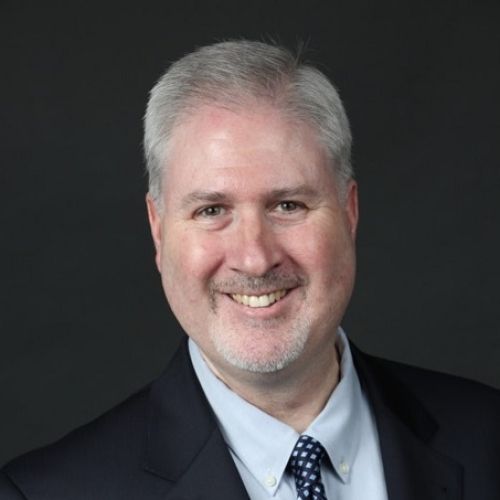
Automated and accessible artificial intelligence methods and software for biomedical data science.
